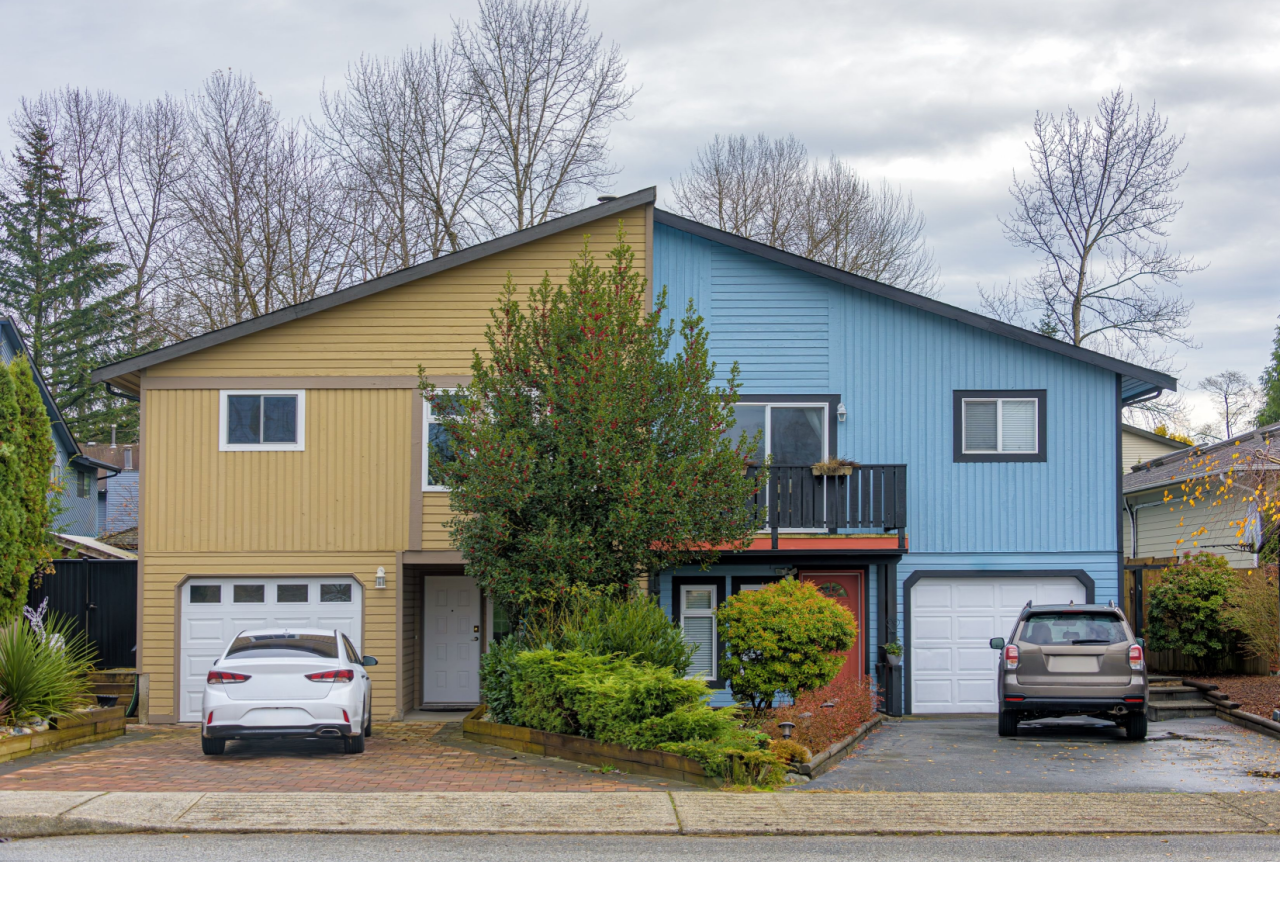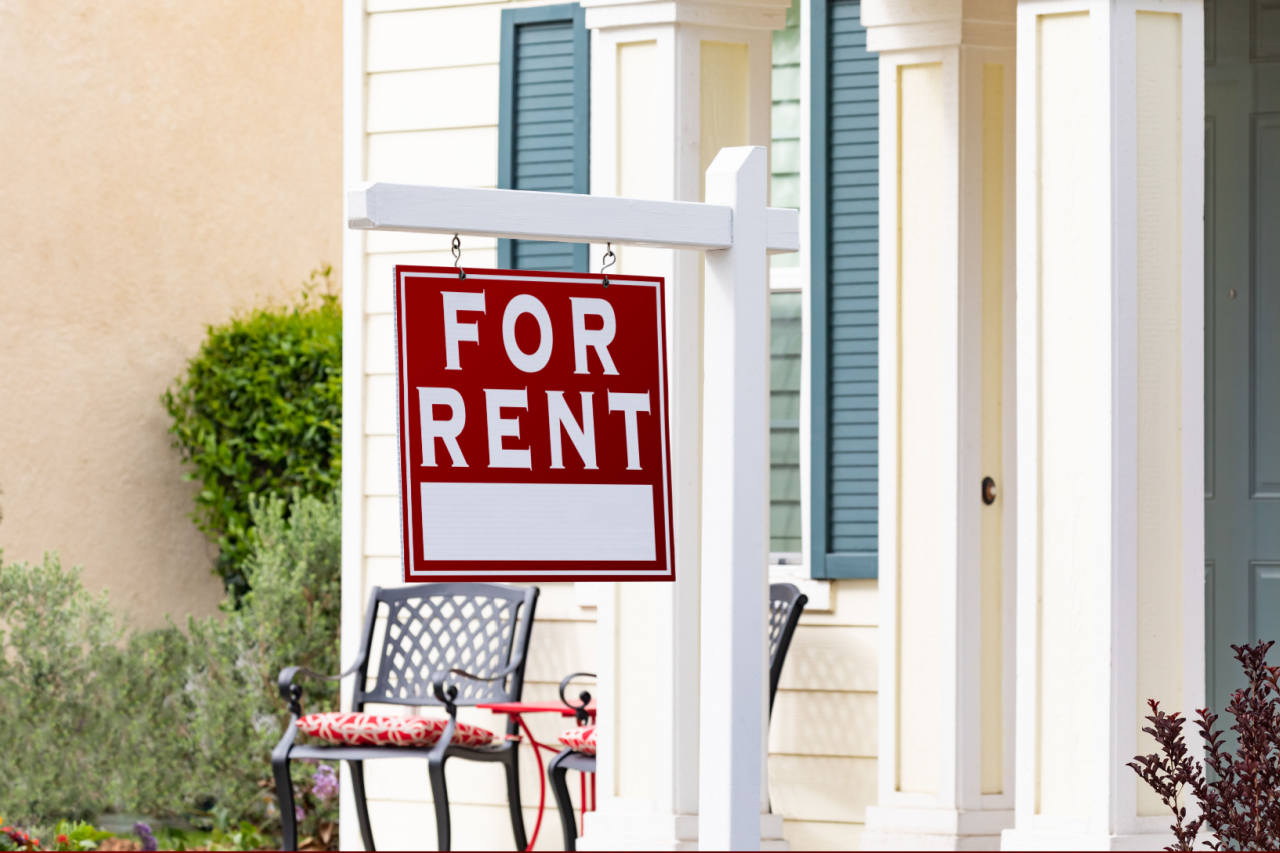Which Should You Choose for Investing?

Condo vs Duplex
Thinking about investing in real estate but not sure whether to go for a condo or a duplex? It’s a pretty common question—condo vs. duplex. Which one’s better? The truth is, both have their own perks (and a few downsides), so it really depends on what you’re going for.
In this guide, we’ll break it all down in simple terms—what makes them different, the pros and cons of each, and how to figure out which one’s the right move for you. Let’s get into it!
Main Takeaways
Condo vs. Duplex Benefits: Condos tend to be affordable and lower maintenance, with shared amenities managed by an HOA. On the other hand, duplexes typically offer better rental income potential and full ownership of the property.
Condo vs. Duplex Disadvantages: Condos tend to have HOA fees and slower appreciation, while duplexes typically require higher upfront costs, more maintenance, and may be harder, or cost more, to finance.
What is a Condo?
As an experienced property manager in Baltimore, we can tell you that a condo is a private home that’s part of a larger building or community made up of similar units. Notably, condos can be combined as one building or built as detached structures. When you own a condo, you own your individual unit, but you share your ownership of the common areas with your neighbors. For instance, you share the hallways, gardens, swimming pools, and parking spaces.
What is a Duplex?
Think of a duplex as a twin home. That is, it’s two separate living spaces in one building. The units can be side by side or stacked on top of each other, but they always share a wall. From the outside, a duplex might look like one big house. Still, inside, it’s split into two different homes.
Each home in a duplex has its own front door. Sometimes, each one also has its own yard or driveway. All in all, living in a duplex feels more like having your own house compared to living in a condo.
Get a Free Multifamily Loan Quote
Access Non-Recourse, 10+ Year Fixed, 30-Year Amortization
Key Differences: Condo vs. Duplex
If you’re weighing your options between a condo vs. duplex, here’s a side-by-side comparison to make things easier.
Category |
Condo |
Duplex |
Financing |
You may be able to get a regular home loan for a condo, just like you would for a house. But before the bank gives you the money, they’ll want to make sure the condo building is well-managed and on their approved list. Because of this extra check, you might end up paying a slightly higher interest rate or not qualifying for traditional loans. | You may be able to get similar home loans as a single-family house. If you live in one unit, your lender may treat your investment like you’re buying a home, depending on the lender and your qualifications. |
Common Areas |
You share common areas with other owners, like hallways, parking, gyms, gardens, or pools. These areas are maintained by the homeowners’ association (HOA), and you usually pay monthly fees for that. | Each unit shares a minimal number of spaces, like a shared wall. Also, the owners manage any shared spaces (like a yard or driveway), not an HOA. |
Exteriors |
The HOA association usually maintains the exterior of the building—like the roof, walls, and landscaping. Meanwhile, you handle the inside of your unit. | As the owner of a duplex, you’re responsible for both the interior and exterior maintenance of your part (or all) of the property. |
Ownership |
You own just the inside of your condo unit, plus a shared interest in the common areas. Others own the land itself. | You own the entire structure of your side of the duplex (or both units if you buy the whole property), including the land it sits on. |
Cost |
Condos are often cheaper to buy upfront compared to duplexes, but you’ll usually pay monthly HOA fees for shared services and maintenance. |
Duplexes typically cost more than condos because you’re buying a bigger swath of property. But you avoid HOA fees, and you can earn rental income if you rent the units out. |
Pros and Cons of Having a Condo
Now that we’ve explored the key differences in the condo vs duplex debate, it’s time to weigh the pros and cons of each. Understanding both the advantages and drawbacks will help you make a smart, informed decision for your next investment. First, we’ll start with condos.
Pros
Lower Purchase Price: Condos usually cost less to buy than single-family homes or duplexes. For investors, that makes it easier to get started without spending a ton of money upfront. Plus, since they’re more affordable, you might even be able to buy more than one and grow your investment portfolio faster.
Less Maintenance Responsibility: If you want a more passive investment, condos can help you achieve that. The condo association (HOA) typically handles exterior maintenance, landscaping, and common areas. This means you can have a lower maintenance workload.
Strong Rental Demand in Urban Areas: You can often find condos in bustling urban or suburban neighborhoods, close to workplaces, schools, and shopping spots. These prime locations tend to attract plenty of renters. In turn, you can have a steadier rental income.
Rent Out or Sell Easily: If your HOA allows for it, you can rent out your condo for passive income. Or, if you prefer, you can sell it when the market conditions are just right. Either way, this gives you more flexible options for your exit strategy.
Cons
HOA Fees: HOA fees may be a pain. However, they’re a necessary evil. They cover critical things, like taking care of the building, the garden, the pool, and security. On the other side of the coin, though, they can be high. And what’s more: usually, they can go up anytime. And if the HOA fees don’t cover a particularly big repair, like fixing the roof, you and the other owners might have to chip in extra.
You’re Part of a Team (for Better or Worse): You may own your unit, but everyone in the building shares the ownership of virtually everything else. This means you can’t make decisions about the overall property yourself. Rather, you have to cooperate with others–and with HOA rules. Also, you have to pitch in to maintain the common areas, so that’s more work on your end.
Demand Fluctuations: Condos tend to be especially sensitive to the ebbs and flows of the rental market. As regional and national trends, competition, HOA leadership, and other factors shift, condos can be swayed along with their changes. This can make your investing process less predictable.
Slower Appreciation: Because other people share control of your condo’s operations, like other condo owners and HOA managements, they have a huge effect on how well the property is maintained over time. So, you do have to be extremely sure you’re leaving your investment in good hands.
Pros and Cons of Investing in a Duplex
On the flip side of the duplex vs condo comparison, duplexes come with their own unique set of benefits and down sides. Here’s what they entail:
Pros
You Get Two Homes in One: A duplex is basically two rental units under one roof. That means you can collect rent from two tenants, which gives you better cash flow. More rent = more income!
Possibly Easier to Get Financing (If You Live in One Side): If you end up living in one side of your duplex, that could save you financing funds. Depending on the lender and your qualifications, you may get better loan deals because they see the duplex as your personal home, not just an investment. So, you can have a new home and a way to grow wealth, all in one, convenient building.
Nice Tax Breaks: When you rent out part of your duplex, you may be able to claim tax deductions on routine costs like repairs, maintenance, property tax, and even part of your mortgage interest, depending on your area’s regulations. This can save you money at tax time.
Cons
More Expensive to Maintain: With duplexes, you’ve got double the maintenance and repairs to take care of—two kitchens, two bathrooms, etc. Over time, it might cost more to manage each unit’s separate utilities and appliances than it would for single-family investments.
Harder to Finance: Some lenders view duplexes as riskier investments because they may stay vacant or unsold longer than other kinds of housing. So, you may have to deal with stricter terms or higher interest rates. So, you should have a strong financial profile or possibly give the lender a bigger down payment to get better loan terms.
Market Sensitivity: Some buyers prioritize homes they can privately own over ones with shared walls. This might make it harder for you to resell the property quickly. In particular, in fast-paced markets, duplexes may struggle to compete with single-family homes.
Tenant Turnover: Duplexes tend to have higher turnover than single-family homes, and less sources of cash flow than bigger multi-family ones. So, you’re counting on a limited number of units to perform financially. In other words, you’re putting your eggs in one basket. This can be risky if you don’t play your cards right.
Taking Your Next Steps
At the end of the day, the choice of condo vs. duplex comes down to your personal investment strategy and goals. Condos are a great option if you’re looking for a starter home. They’re more affordable, and the HOA helps take care of things like exterior maintenance.
Just keep in mind those HOA fees can add up. On the other hand, duplexes come with their own set of advantages—like tax breaks, extra rental income, and easier financing if you plan to live in one unit. But, of course, duplexes usually cost more upfront compared to condos, so they also have their upsides and downsides.
That said, once you’ve chosen and bought your investment, that’s when your work gets a little trickier. After all, you have to be able to analyze the nuances of your market, tailor your marketing for different social media channels, handle applications, know how to properly screen for qualified tenants, set competitive rental rates, among other challenges.
Handling all of these aspects with grace takes trial and error, but you can’t afford to make huge mistakes with so much money on the line.
Source: Bay Property Management Group















 Accessibility
Accessibility